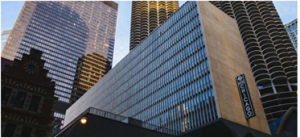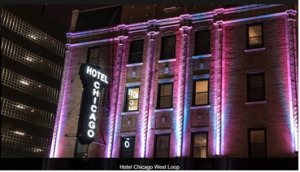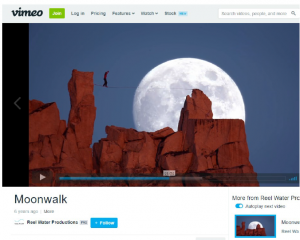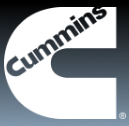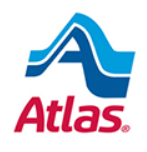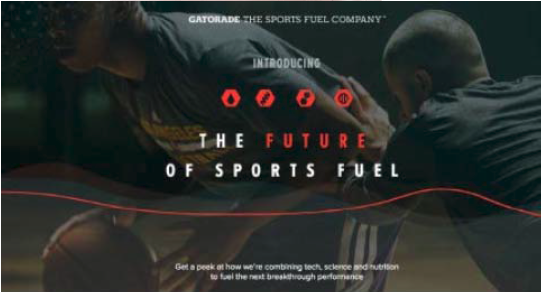The United States Court of Appeals for the Seventh Circuit issued an opinion reversing the denial of attorney’s fees, remanding for an entry  of a reasonable fee reward under 15 U.S.C. § 1117(a), and affirming all other aspects of the judgment of the district court in the case of 4SEMO.com Incorporated (“4SEMO”) versus Southern Illinois Storm Shelters, Inc. (“SISS”), et al. (collectively “Defendants”). While the Defendants originally sued 4SEMO in this case, the case was reconfigured as above for the July 2017 bench trial and decision, which was on appeal.
of a reasonable fee reward under 15 U.S.C. § 1117(a), and affirming all other aspects of the judgment of the district court in the case of 4SEMO.com Incorporated (“4SEMO”) versus Southern Illinois Storm Shelters, Inc. (“SISS”), et al. (collectively “Defendants”). While the Defendants originally sued 4SEMO in this case, the case was reconfigured as above for the July 2017 bench trial and decision, which was on appeal.
According to the opinion, 4SEMO began selling storm shelters manufactured by SISS in 2005. 4SEMO is a Missouri-based home-remodeling firm while Robert Ingoldsby and his brother Scott (the “Ingoldsbys”) run the Illinois based company, SISS. 4SEMO began marketing the storm shelters under a wordmark “Life Saver Storm Shelters” and a matching logo (the “Marks”) that it affixed to the shelters it sold in Missouri and Arkansas pursuant to an exclusive dealership agreement with SISS. The Ingoldsbys were granted a limited license to use the 4SEMO Marks for shelters marketed in southern Illinois. However, the Ingoldsbys violated the limited license by using the 4SEMO Marks on shelters sold throughout the country.
SISS sued 4SEMO for trademark infringement over the “Life Saver” wordmark, claiming they had used it prior to 4SEMO and that they had ownership of the wordmark. 4SEMO counterclaimed for trademark infringement and false endorsement, along with various state-law claims. After SISS’s claim did not survive summary judgement, 4SEMO’s counterclaims were tried to the bench and the district court found in favor of 4SEMO on all counts and awarded $17,371,003 in damages for profit disgorgement and $26,940 for breach of contract. However, 4SEMO’s motion for vexatious-litigation sanctions and attorney’s fees under 28 U.S.C. § 1927 and the Lanham Act, respectively, was denied.
 Indiana Intellectual Property Law News
Indiana Intellectual Property Law News


